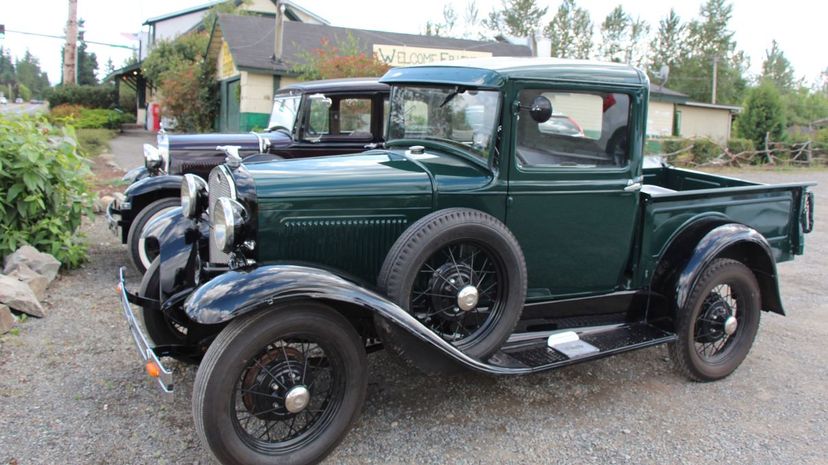
About This Quiz
Over the years, Ford and Chevrolet have undoubtedly become two of America's most popular car manufacturers and for good reason. They have been around for over a century, after all, and if their longevity proves anything, it's that they know how to make cars that appeal to the general public.Â
Of course, these two companies have also had to compete directly against one another, both in the American market and in foreign markets. The competition has been fierce throughout the years, as each manufacturer looks to best the other in sales. When one rises to the top, the other comes along with new innovations to restate their claim as the king of cars.Â
How well do you know the cars produced by Ford and Chevy over the years? Do you know which car came from which company, from the popular models to the lesser-known foreign releases? If we give you an image, will you be able to select the correct manufacturer? Here's a quiz where you can find out just that.Â
When you're ready to test your knowledge on car manufacturers, get started with this "Ford or Chevy" quiz and see if you're really the car guru that you think you are!Â
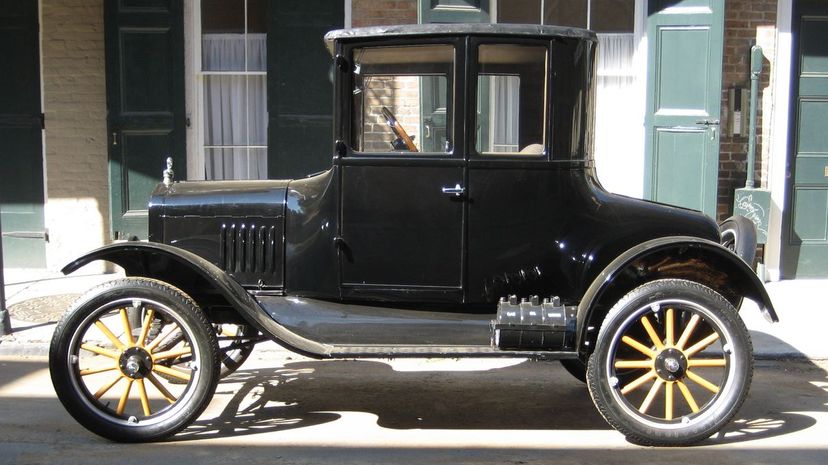
The Ford Model T was one of the first cars produced on an assembly line, a revolutionary idea at the time. The assembly line allowed these cars to be produced at a reasonable cost so that they could be sold affordably.
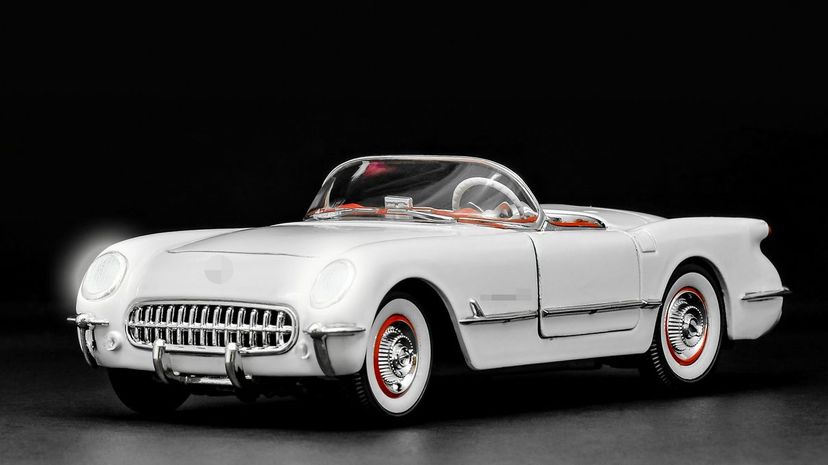
With 1953 being the first iteration of the Corvette, only 300 cars from the year were ever produced. These 300 cars were hand-built as well, meaning they all are slightly different in design.
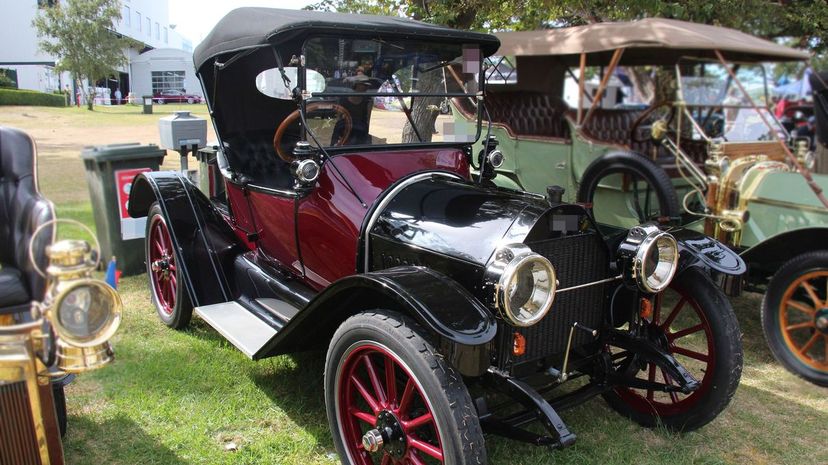
The Royal Mail Roadster was one of the first cars released by Chevy to be priced under $1,000. The car could be purchased for $750 without an electric starter or lights, which cost extra.
Advertisement
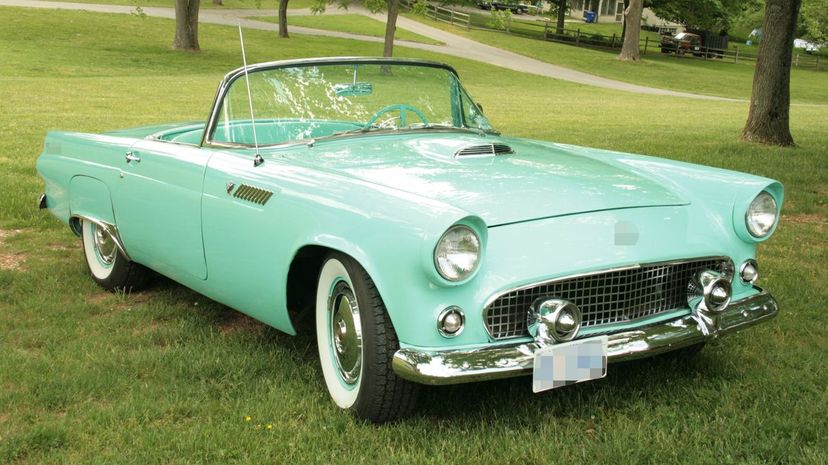
The Ford Thunderbird made its debut at the Detroit Auto Show in 1954. The car was built as a response to European sports cars that were becoming increasingly popular, forcing both Ford and Chevy to adapt.
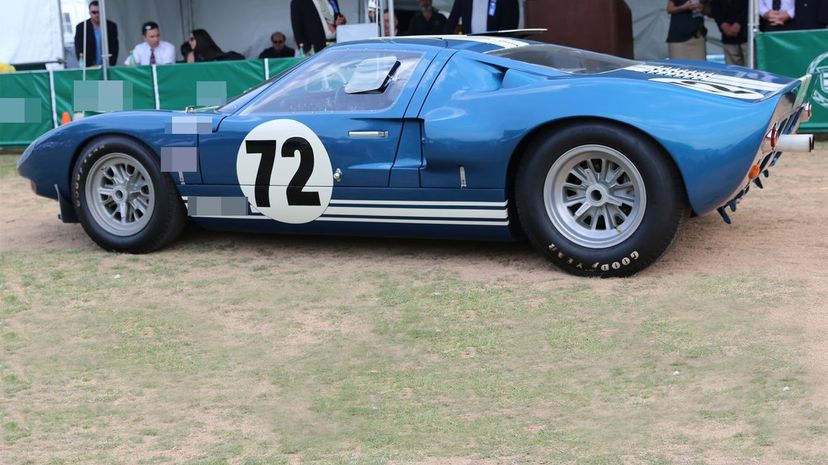
The GT40 became a popular long distance racing car in the late 1960s. With a five-speed transmission and a V-8 engine, the car won the 24 Hours of Le Mans from 1966 until 1969, a span of four straight years.
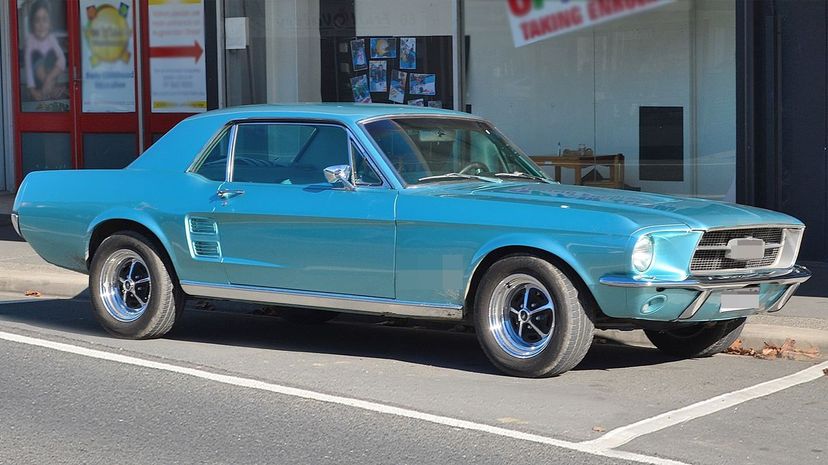
The 1967 Ford Mustang was redesigned with a larger frame than the previous model. The increase in size allowed for the installation of a big block V-8 engine, which had previously been a high-end custom option.
Advertisement
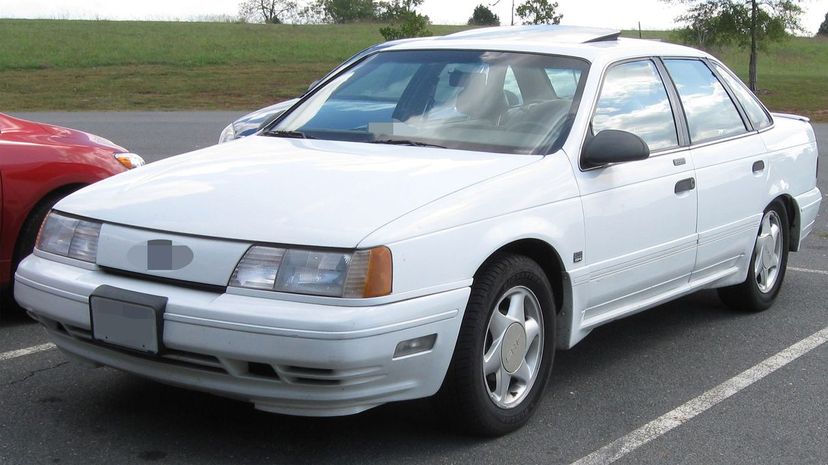
An upgrade to the Ford Taurus, the Taurus SHO was originally released from 1988 until 1999. The car made a comeback in 2009 when it was unveiled at the Chicago Auto Show.
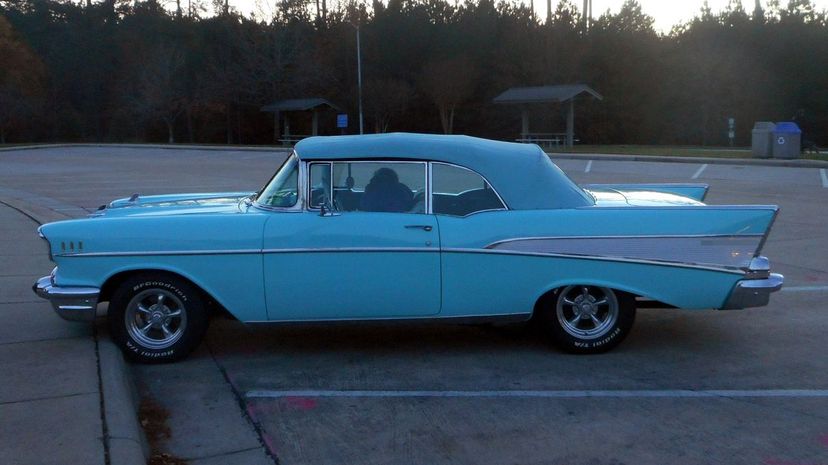
Several styles of the 1957 Chevrolet Bel Air were constructed on assembly lines in the United States, Canada, and Venezuela. The convertible body design only included a two-door option, but there was a four-door hardtop design as well.
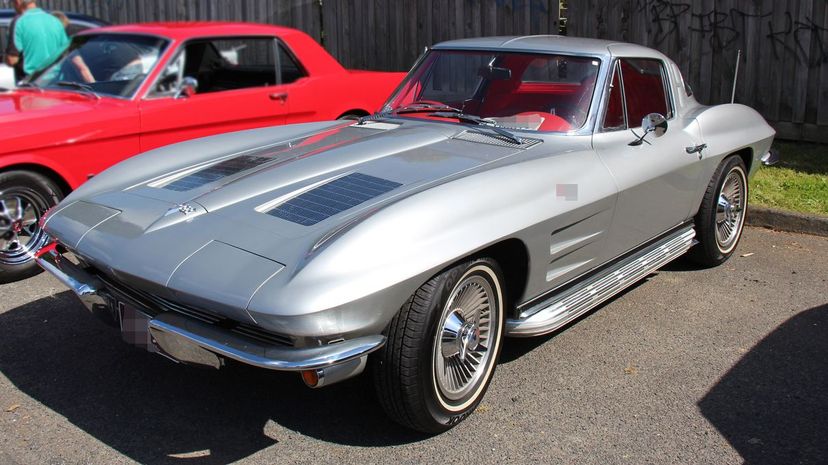
The 1963 Chevrolet Corvette Sting Ray Coupe was designed with hidden headlamps that couldn't be seen unless they were in use. These headlamps became a standard on all Corvettes until 2005.
Advertisement
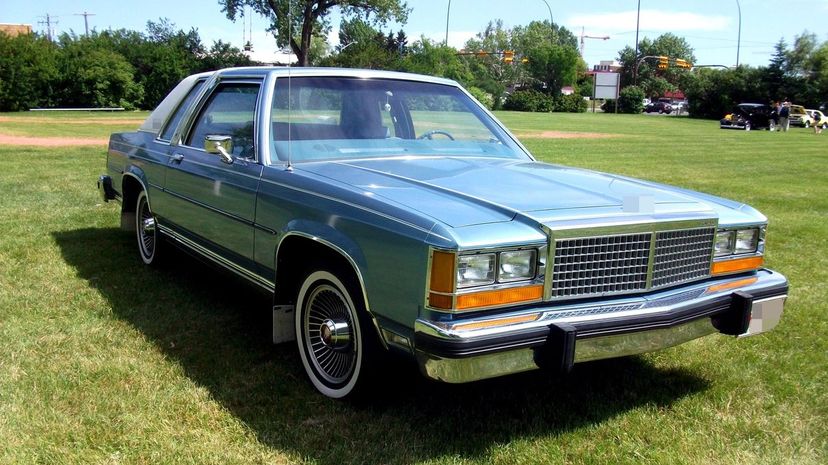
The Ford LTD models were the largest car models produced by Ford from 1965 until 1986. The LTD Crown Victoria replaced older full-size models beginning in 1980, while the Taurus became the mid-size LTD.
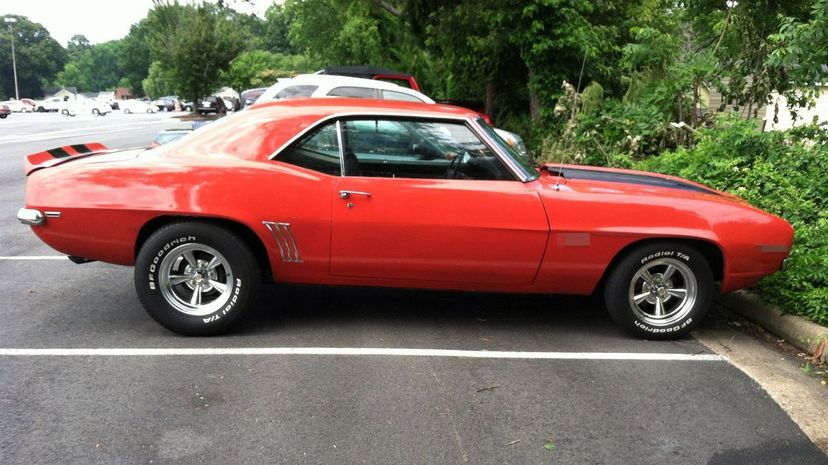
With plenty of power beneath the hood, the 1969 Chevy Camaro became a popular racing car. Part of the reason for this was the incorporation of four-wheel disk breaks, which increased the car's braking ability.
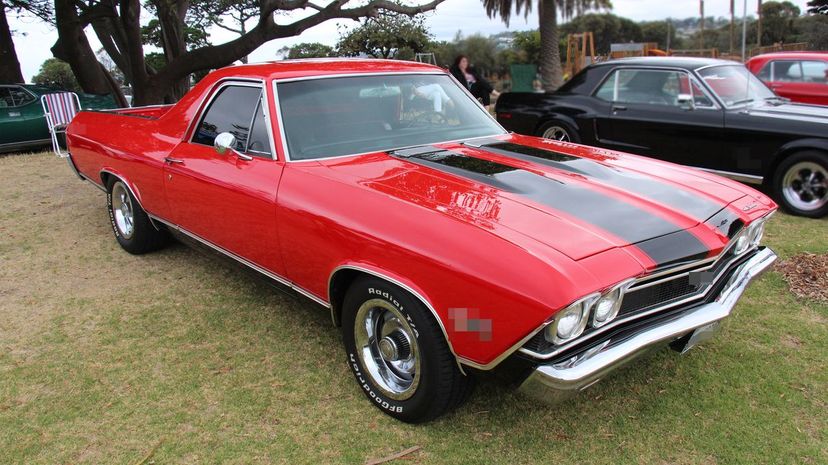
A hybrid between a car and a truck, the El Camino was inspired by the coupe utility vehicles, known as "utes," produced in Australia. The car hit a height in 1968 when it was remodeled and given a more powerful engine.
Advertisement
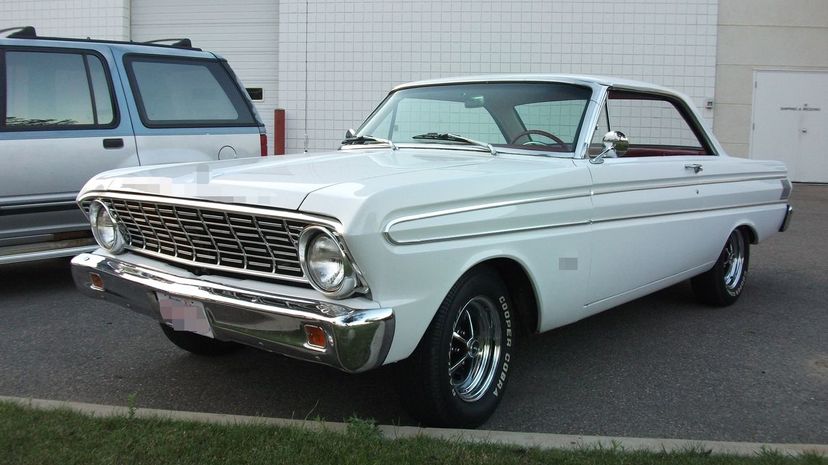
Ford introduced a new generation for the Ford Falcon in 1964, renovating the car both inside and out. The 1964 Ford Falcon was given a boxier look as the length and width were increased slightly.
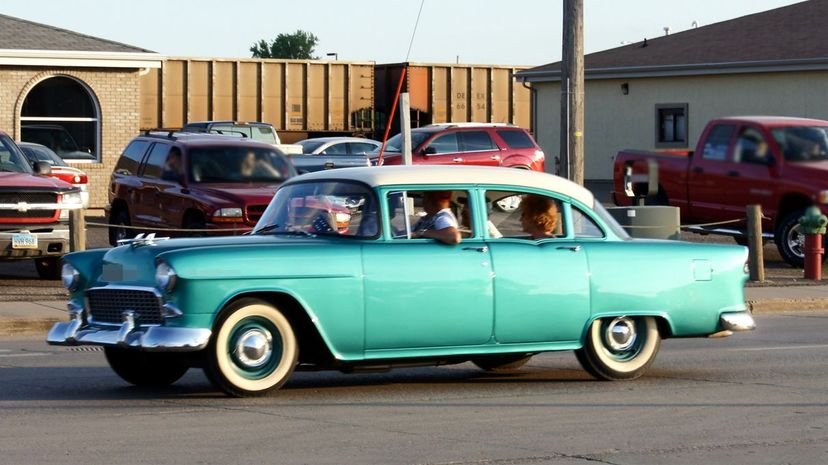
The 1955 Chevy One-Fifty eliminated the chrome trim that had dominated much of the '50s until that point. The inside was remodeled as well with new brake and clutch pedals that incorporated swing-style mechanics.
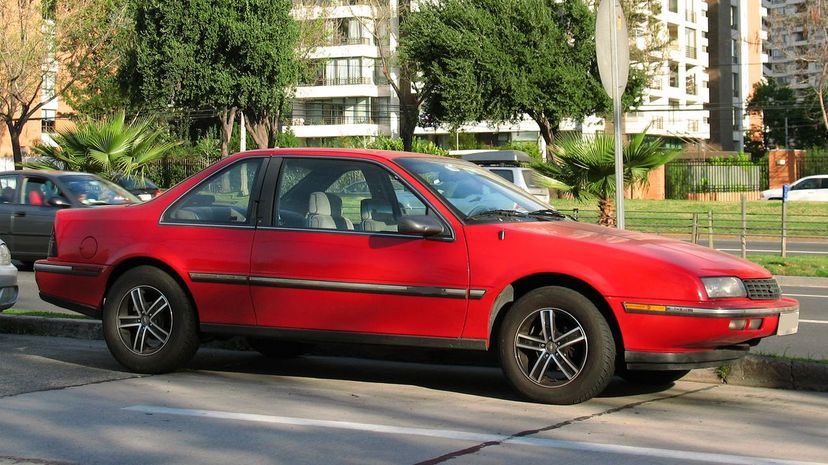
The 1988 Chevy Beretta was the first year model of the car with production running until 1996. The Beretta was finally removed from Chevy's lineup because it was competing with other company cars like the Camaro.
Advertisement
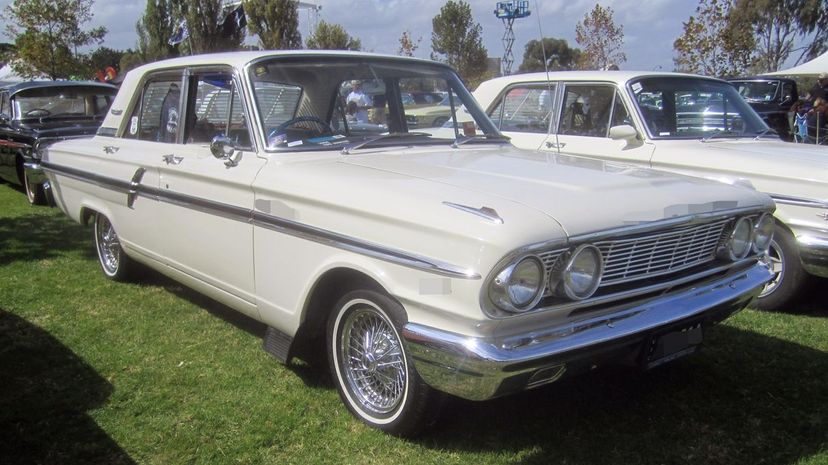
The 1964 Ford Fairlane Thunderbolt was created out of the necessity to build a powerful drag racing car. Everything under the hood had to be reworked for the car to incorporate the FE V8 engine, which pushed the boundaries of being street legal.
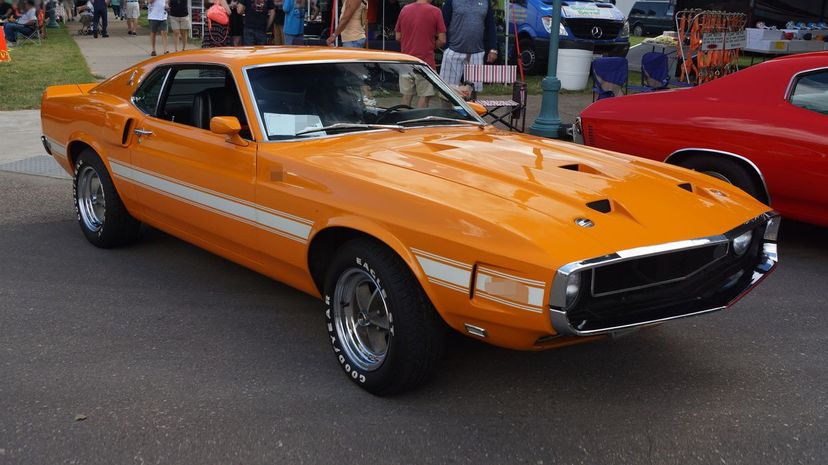
By 1969, Ford found itself competing with other car companies in building a powerful drag racing car at an affordable price. Their solution was the 1969 Ford Cobra, which got its name from the powerful 428 Cobra Jet engine that was under the hood.
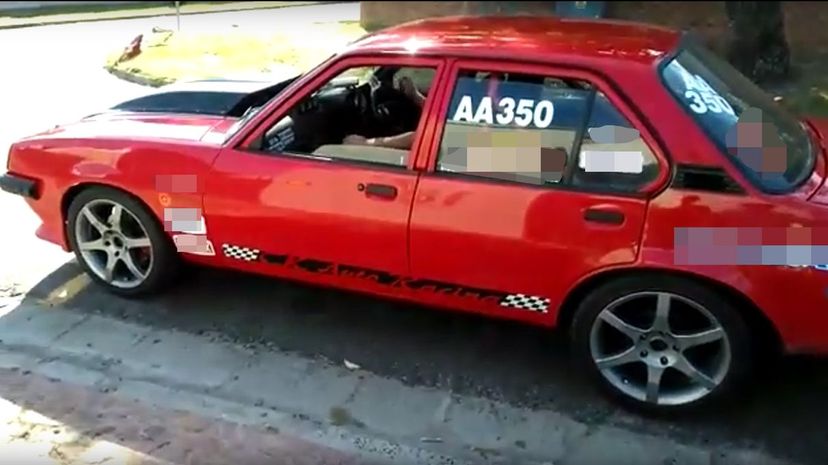
Made specifically for South Africa, the Chevrolet Chevair was never supplied in the United States. The Chevair incorporated specs from several other cars including the Ascona and the Manta, which were produced by Opel.
Advertisement
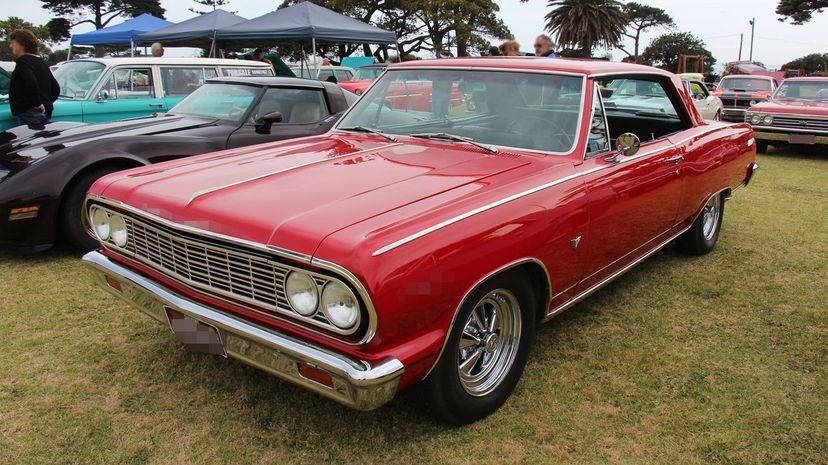
Running for a span of three generations, the Chevy Chevelle came in multiple body styles from coupes to station wagons. It was replaced in 1978 by the Chevy Malibu, which had been Chevelle's high-end model.
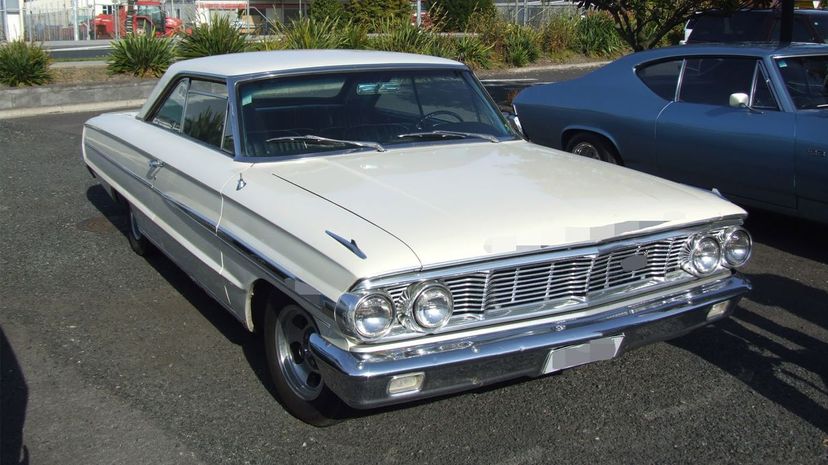
The 1964 Ford Galaxie was reshaped with an aerodynamic frame to make it more appealing for racers. The car eliminated the box-top roof and, instead, went with a fastback roof, which had become increasingly popular.
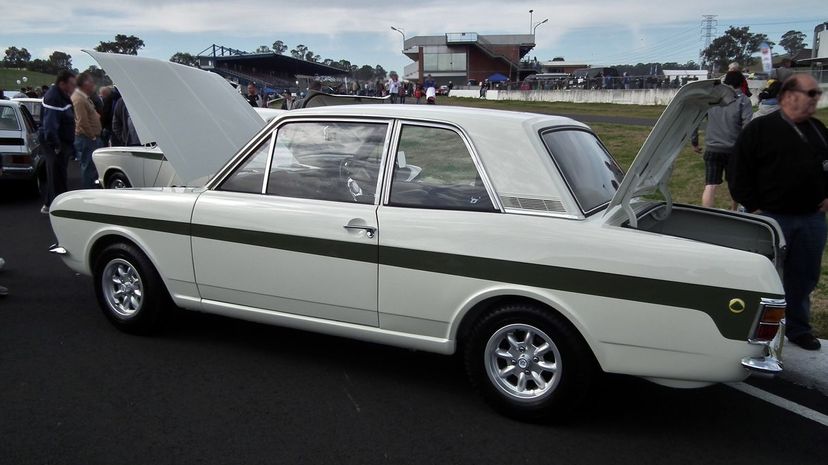
The Lotus Cortina was built as a competitive racing version of the regular Cortina. The engine separated the two cars as the Lotus Cortina came equipped with the newly designed 1,558 cc twin-cam four-cylinder engine.
Advertisement
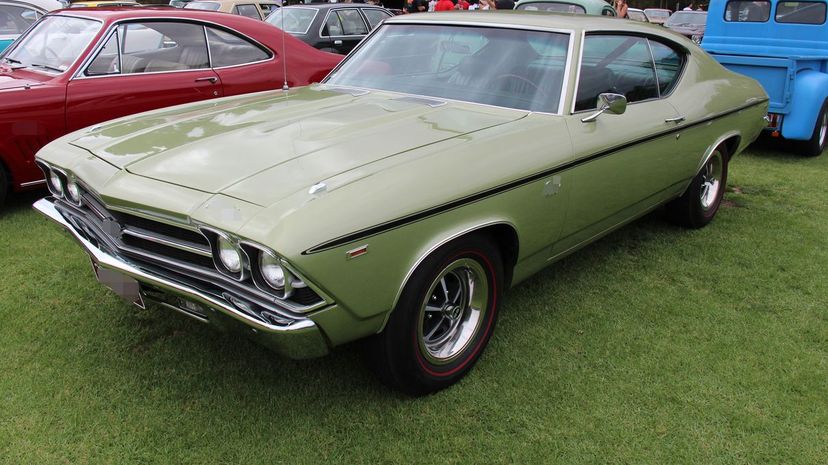
The Chevrolet Corvair was heavily criticized due to handling issues that caused drivers to lose control of the vehicle. The fatal flaw was included in Ralph Nader's book, "Unsafe at Any Speed."
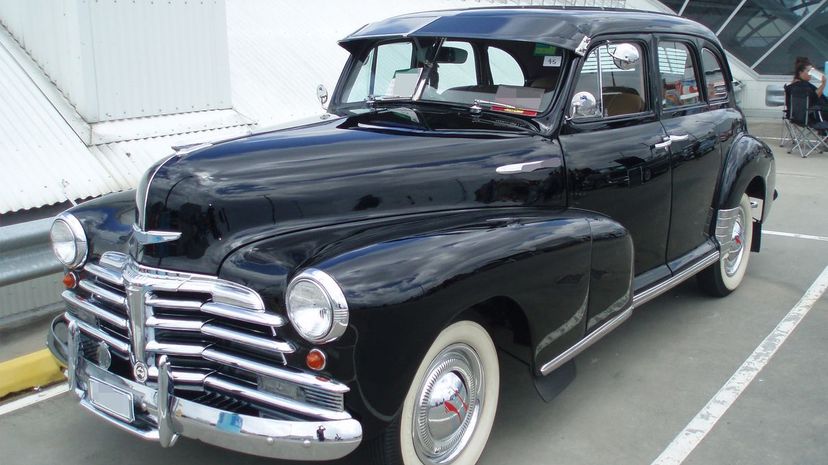
The Chevrolet Fleetmaster was produced for three years from 1946 until 1948. There was little difference between each model other than slight alterations to the radiator grill.
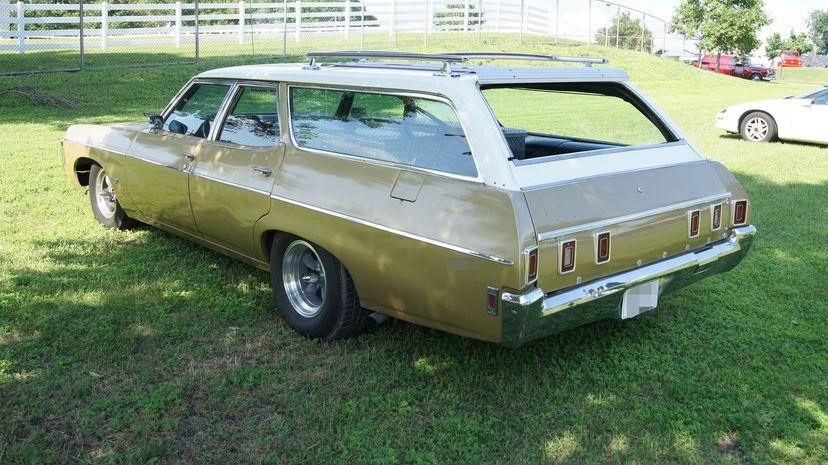
The perfect family car, the Chevrolet Kingswood could sit up to nine people in its three-seat model. The Kingswood also included a two-seat model, which provided more storage space in the back.
Advertisement
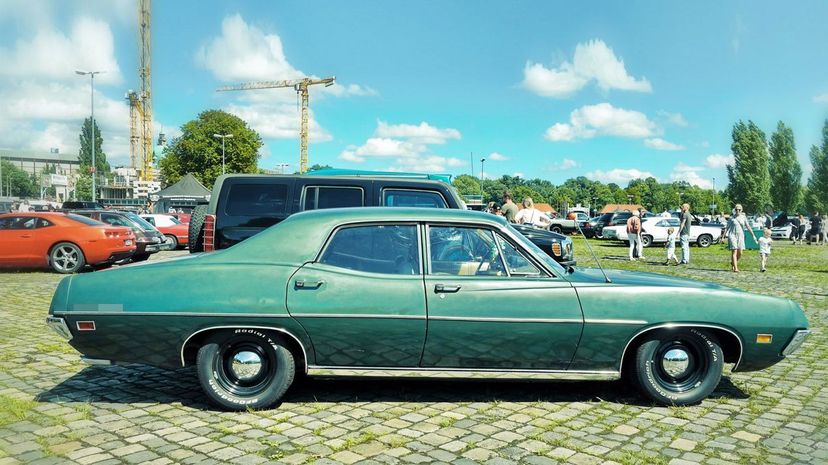
Prior to the release of the 1971 Ford Torino, the Torino model was viewed as a sub-series of the Fairlane model. Beginning in 1971, the Fairlane name was dropped, and the Torino was released with 14 separate models.
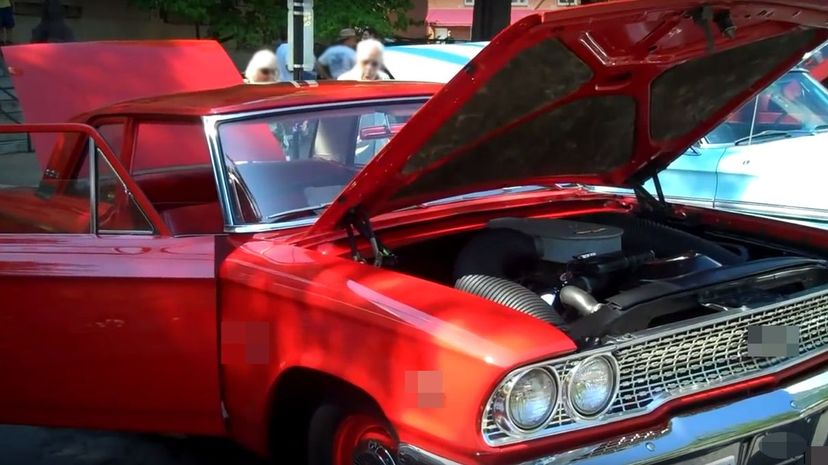
The 1963 Ford 300 was a base version of the Ford Galaxie, which was a popular full-sized car from the late '50s until the early '70s. Because of its cheaper price, the Ford 300 was popular for police and taxi drivers.
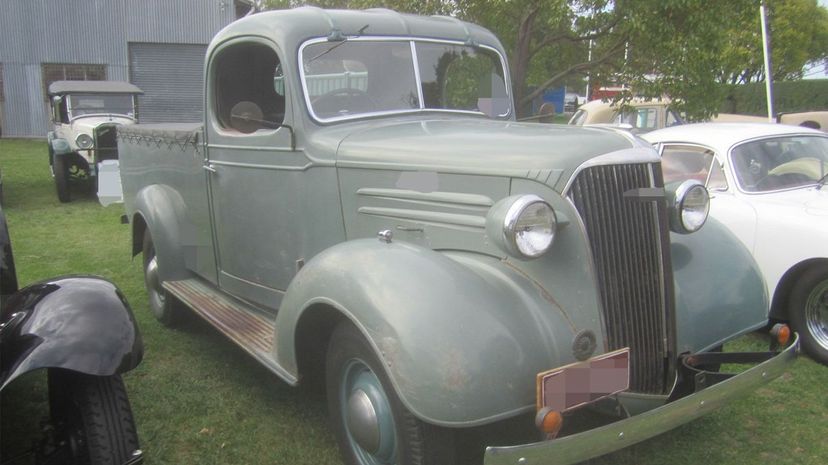
The Chevrolet Master fully replaced the Standard Six, which was the lower-priced Chevy vehicle at the time, in 1937. The Master Deluxe was also added to the Chevy lineup that year to give consumers a high-end option.
Advertisement
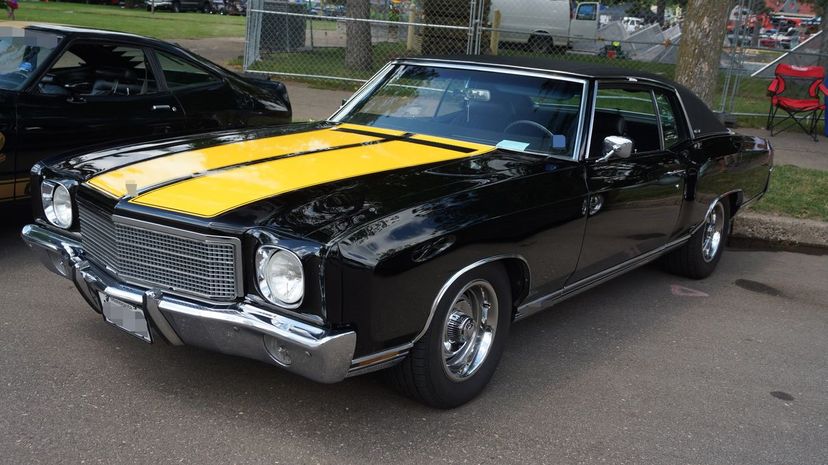
The Monte Carlo was manufactured by Chevrolet from 1970 until 2007 with a hiatus after 1988 that lasted until 1995. More expensive than most muscle cars in 1970, the Monte Carlo was marketed as a luxury vehicle.
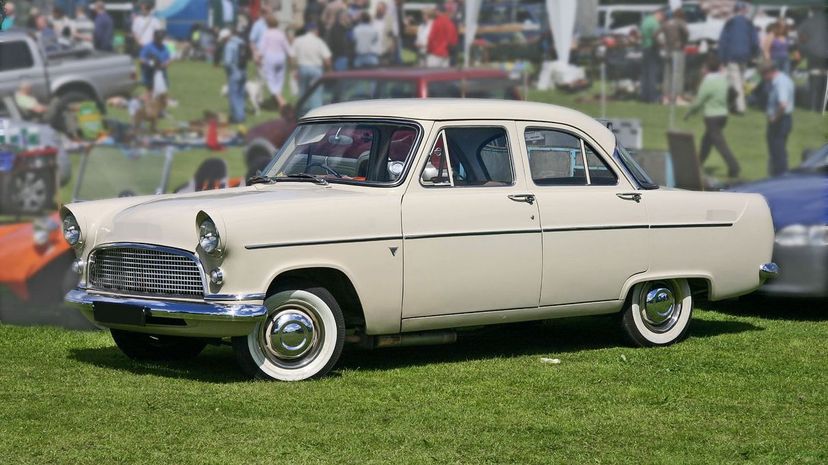
The Ford Consul got a remake in 1956 in what became known as the Ford Consul Mark II. The car was largely restyled and included a longer wheelbase and bigger engine.
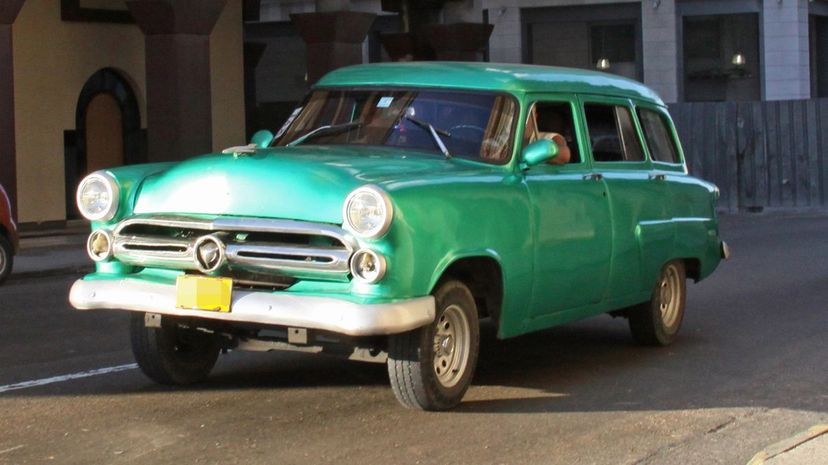
The 1952 Country Sedan was one of three station wagons released by Ford that year. The other two station wagons from the company were the Country Squire and the Ranch Wagon.
Advertisement
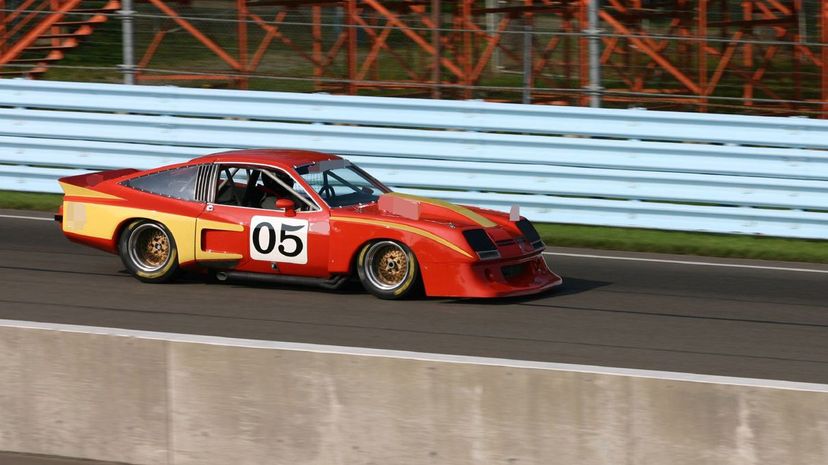
The Chevy Monza received the honor of being named the Motor Trend Car of the Year in 1975. Originally criticized for its lackluster inline-four engine, those criticisms were put to rest when the car received a V8 option as well.
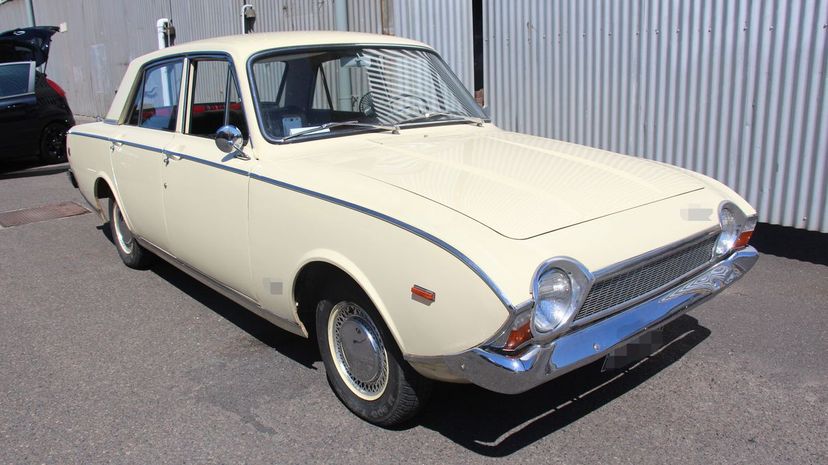
Released in both saloon and estate body styles, the Ford Corsair is a popular collection car because of its rarity. The two-door saloon style is particularly popular because it was only built to order.
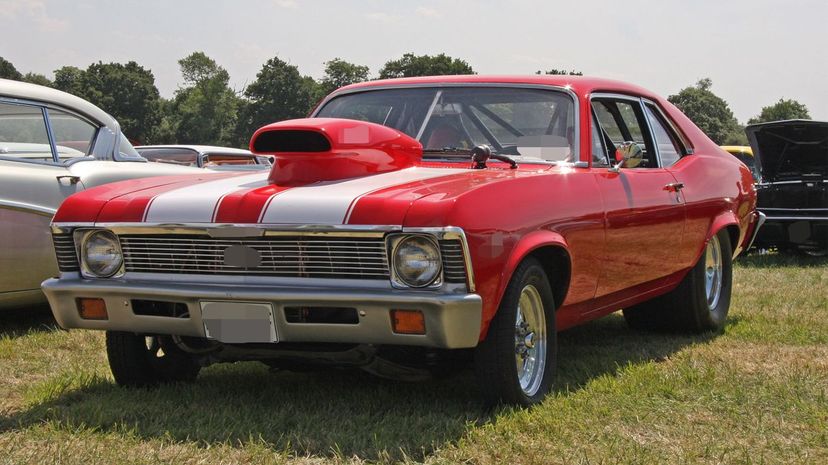
The full name of the 1968 Nova was the Chevrolet Chevy II Nova. The "Chevy II" part of the name was dropped by the company in 1969, and the car was just called the Chevrolet Nova.
Advertisement
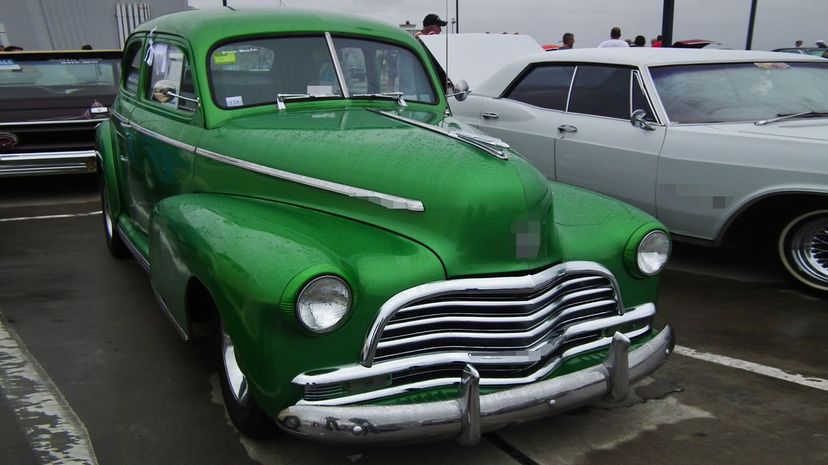
Due to WWII, civilian passenger cars were put on hold until the war ended so that resources could go to the war effort. The Chevrolet Stylemaster was one of the first cars released after the war, and Americans were more than happy to purchase one.
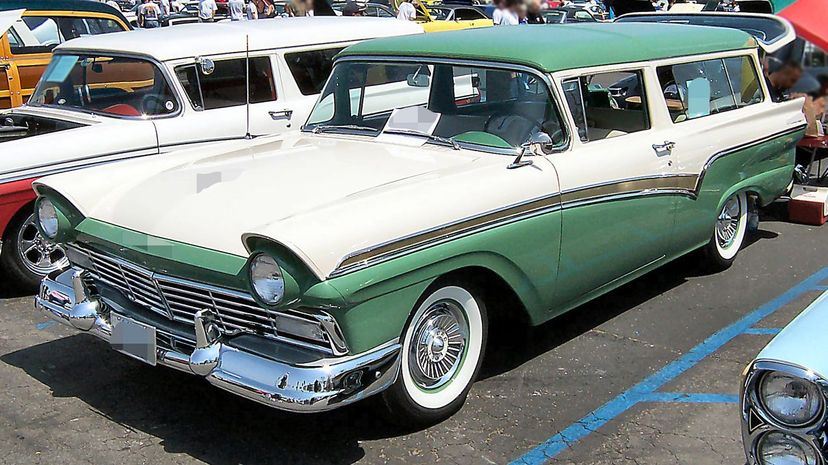
A two-door station wagon, the Ford Del Rio was marketed as a sport wagon, a car style that rose in popularity during the 1950s. It replaced the Ford Parklane, which had significantly undersold the previous year.
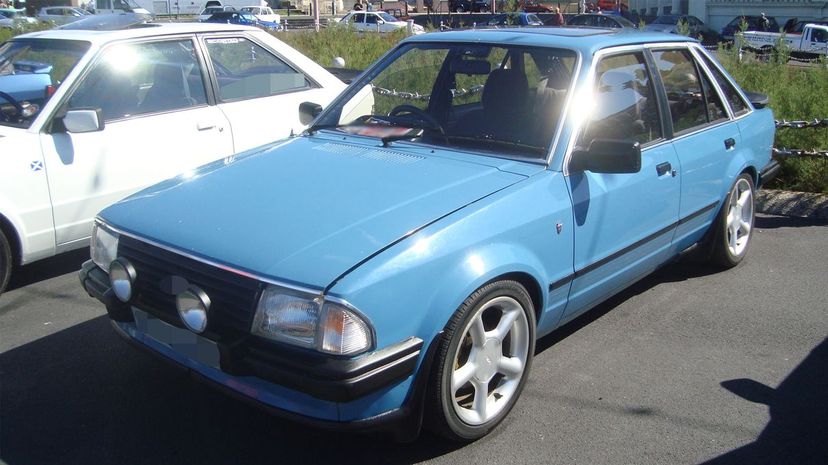
The Ford Escort received its name from a European car that was made by Ford of Europe. It was Ford's first car to utilize front-wheel drive in North America.
Advertisement
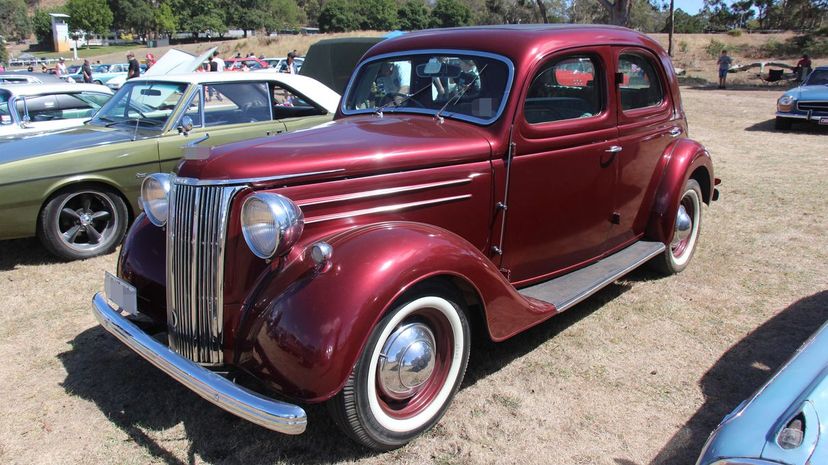
With the first model coming out in 1947, the Ford Pilot was the flagship car for Ford of Great Britain. It utilized much of the pre-WWII body style of the Model 62. However, it came with a much more powerful engine.
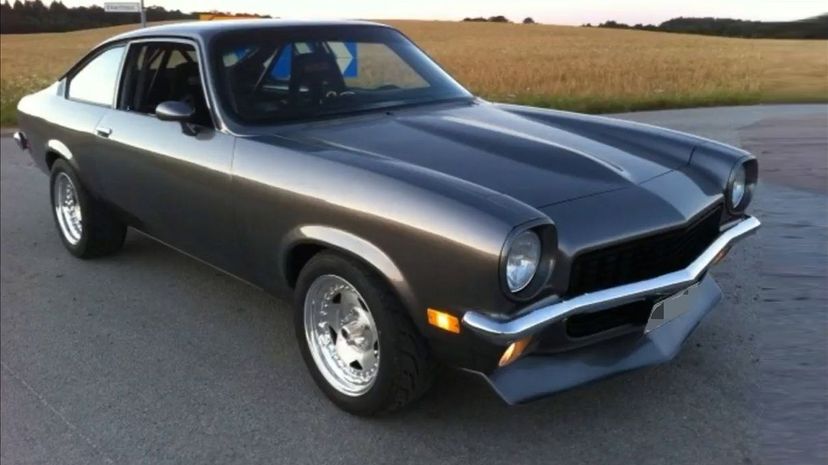
Introduced in 1971, the Chevrolet Vega was named the Motor Trend Car of the Year during its first year of production. The name for the car comes from a star located in the constellation Lyra.
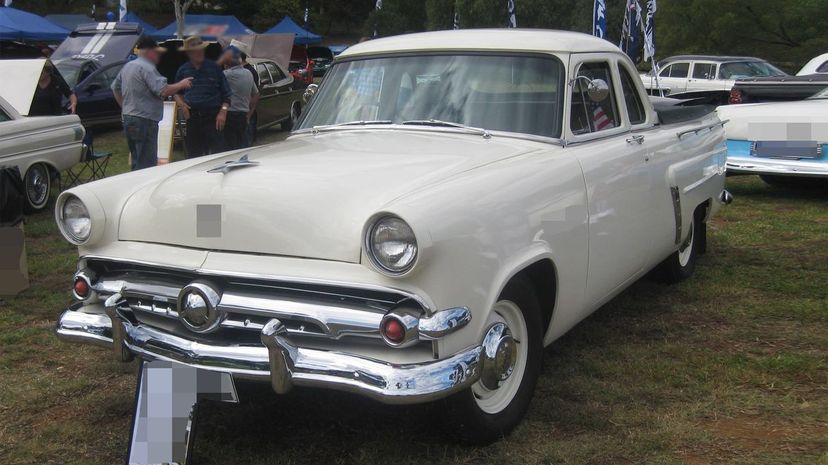
First released in 1952, the Ford Mainline saw few cosmetic changes by the time 1954 rolled around. However, by 1954, the Ford Mainline could be purchased with either an inline-six engine or a V8, giving buyers either fuel economy or power.
Advertisement
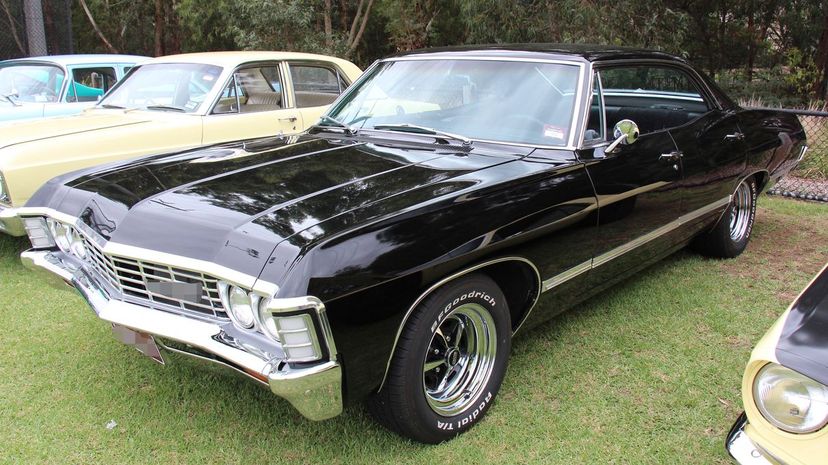
The 1967 Chevy Impala was reintroduced to the public when the popular CW show "Supernatural" came out in 2005. The car is driven by the main character, Dean Winchester, as he travels around the United States hunting monsters.